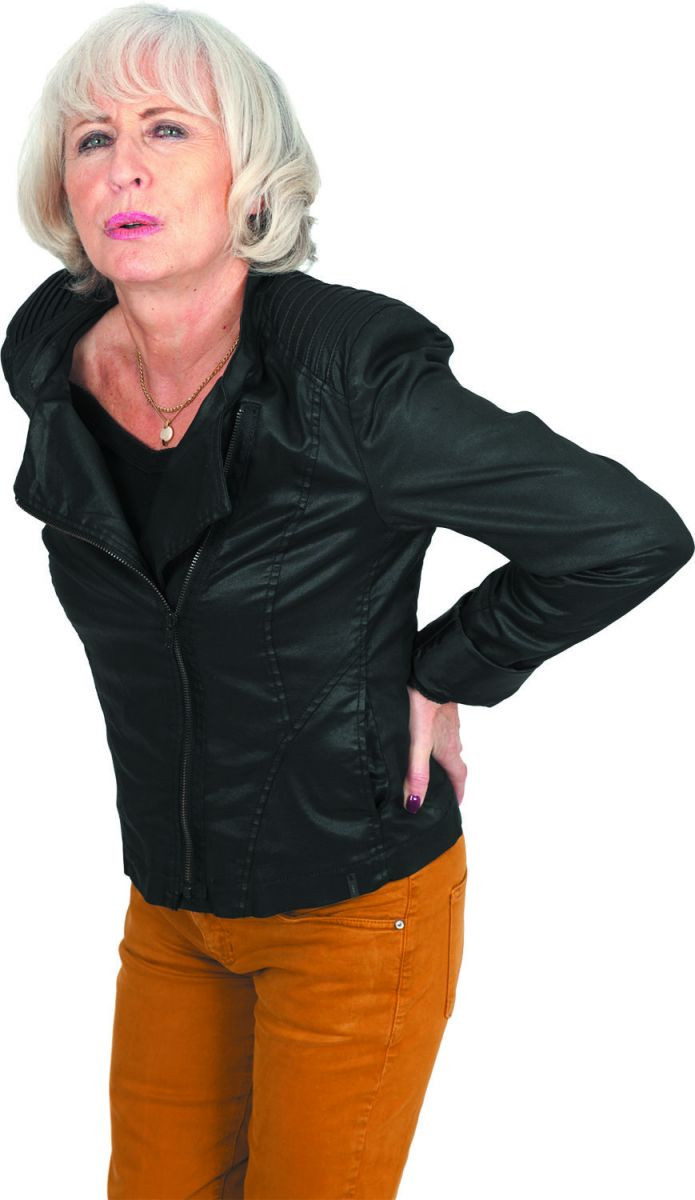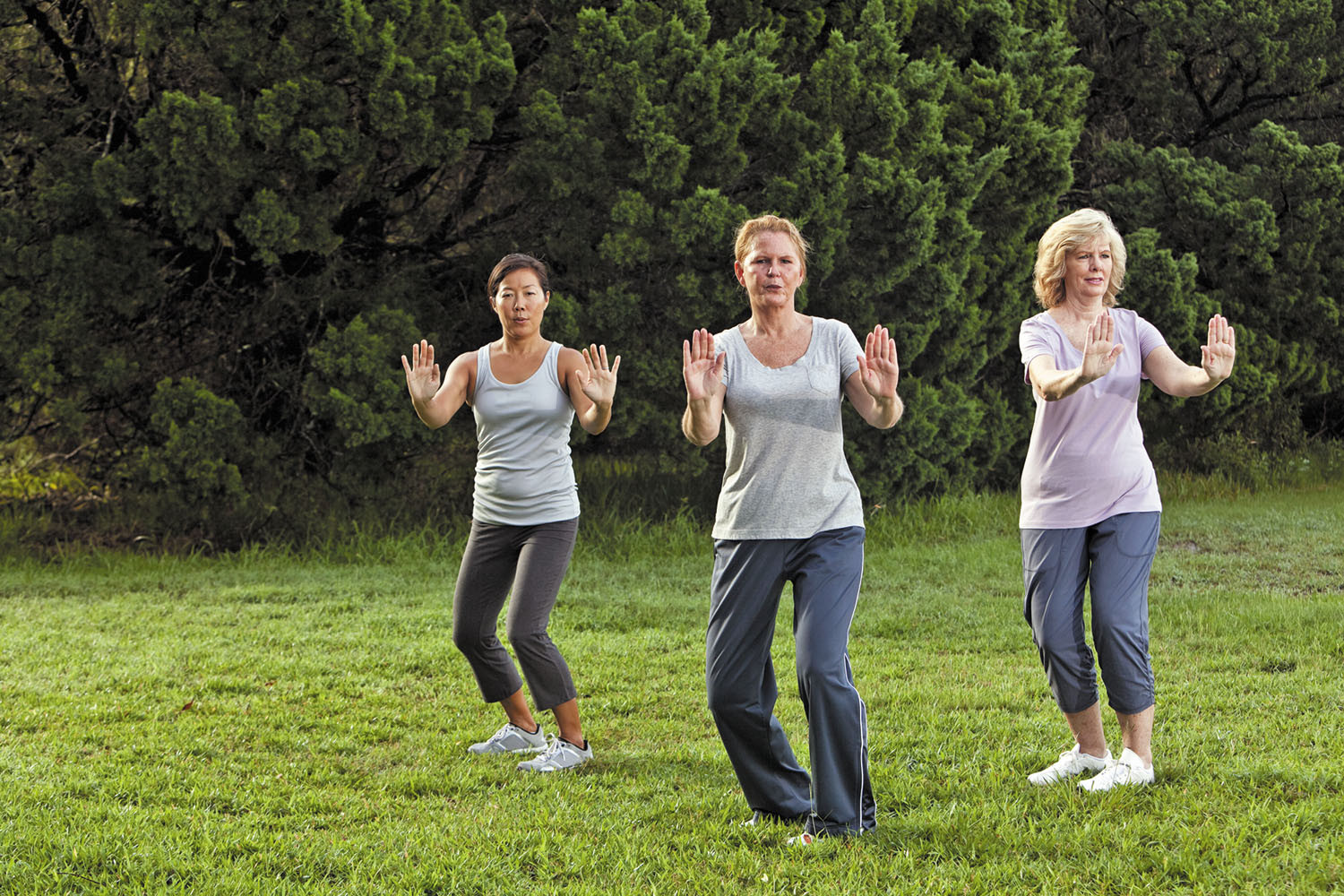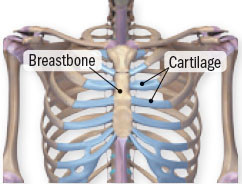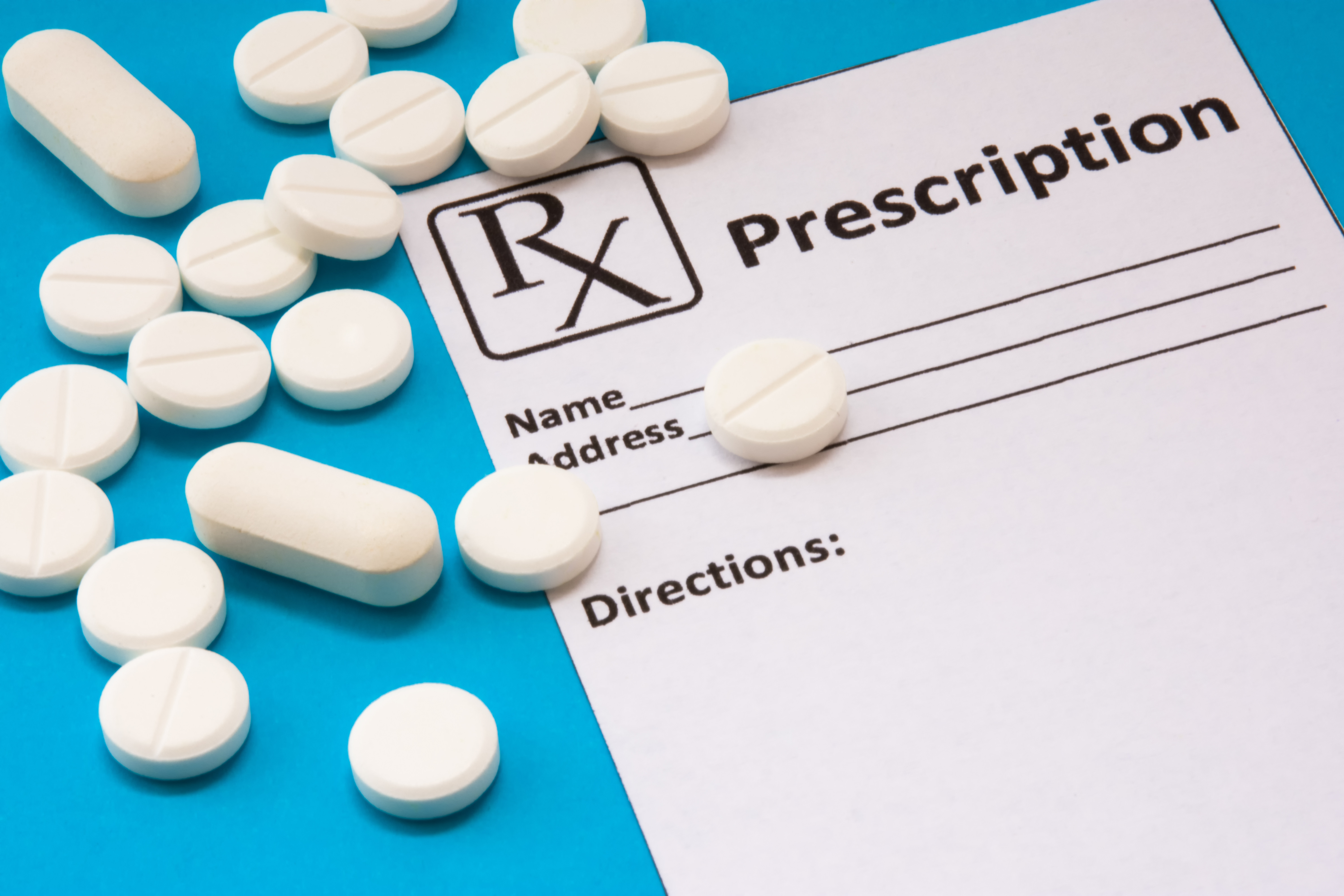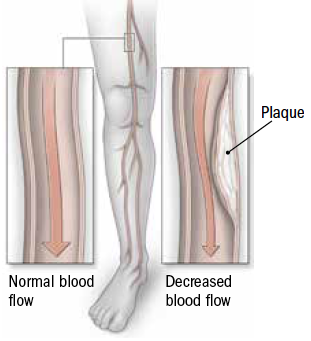
Respiratory health harms often follow flooding: Taking these steps can help

Tips to leverage neuroplasticity to maintain cognitive fitness as you age

Can white noise really help you sleep better?

Celiac disease: Exploring four myths

What is prostatitis and how is it treated?

What is Cushing syndrome?

Exercises to relieve joint pain

Think your child has ADHD? What your pediatrician can do

Foam roller: Could you benefit from this massage tool?

Stepping up activity if winter slowed you down
Pain Archive
Articles
Managing statin muscle pain
There are several things you can do to prevent or minimize the aches and pains that might accompany statin use.
If you're not taking a statin now, you may well be soon. These medications are commonly prescribed to lower "bad" LDL cholesterol and have been shown to reduce the risk of heart attack, stroke, and death. They are routinely recommended for people who have cardiovascular disease and for many people ages 40 to 75 who don't have cardiovascular disease but have at least one risk factor (high blood pressure, high cholesterol, diabetes, or smoking) and a 7.5% or greater risk of a stroke or heart attack in the next decade. Moreover, recent research indicates that they may benefit high risk individuals over age 75 as well.
Muscle pain and other statin side effects
Taking a statin may give you some assurance that you're doing all you can to avoid heart attack and stroke, but you may also experience side effects. Reported side effects include an increased chance of developing diabetes — which is largely restricted to people who are already at risk for diabetes, and who can be monitored with glucose or hemoglobin A1c tests. Statin use has also been associated with difficulties with memory and reasoning, although there is no clear evidence that the drugs were responsible. In very rare cases, statins may cause liver problems or a potentially life-threatening breakdown in muscle cells.
Is fibromyalgia hereditary?
Ask the doctors
Q. My mother has fibromyalgia, and I think I'm starting to experience similar symptoms. Is fibromyalgia hereditary?
A. Yes. Fibromyalgia, a chronic pain condition that affects some six million or more Americans, can run in families. In fact, one of the most important risk factors for fibromyalgia is a family history of the disorder. Fibromyalgia is sometimes known to affect multiple members of the same family. Your risk rises if you have a first-degree relative — a parent, a brother, sister, or child — with the condition.
Is exercise good for arthritis?
Ask the doctors
Q. I have arthritis and my doctor recommended I start exercising, but I'm worried it will make my pain worse. Should I follow her advice?
A. Yes, your doctor is right. Although it may seem counterintuitive to move more when your joints hurt, studies have shown that exercise can reduce arthritis-related pain, fatigue, and stiffness. Exercise is also important for your overall health and can help reduce your risk of heart disease, obesity, and diabetes.
What to do when reading gets harder
Treating underlying conditions and using helpful strategies may be all it takes to get you back on track.
Reading for pleasure is one of life's great gifts. It's an escape to another world or a path to increased knowledge. Plus, reading about a subject that's new to you challenges the brain, which may help create new brain cell connections. But many aspects of health can affect our ability to read in older age.
Physical changes
Chronic disease and age-related changes can have a big effect on your ability to read. Consider these factors:
Chest pain that's not a heart attack
Ask the doctor
Q. My brother went to the emergency room because he thought he was having a heart attack. Instead, he was diagnosed with costochondritis. What is that?
A. Costochondritis is caused by inflammation of the cartilage between the ribs and the breastbone, called the costosternal joints (see illustration). This uncommon condition can trigger a stabbing, aching pain that's often mistaken for a heart attack.
Taming carpal tunnel syndrome
Inside your wrist, a slick tunnel passes through the carpal bones. The nerves and tendons of the wrist pass through this space, called the carpal tunnel. One of these nerves, the median nerve, controls sensations in the palm side of the thumb, the index and middle fingers, and half of the ring finger. It also transmits the impulses to certain hand muscles that allow the fingers and thumb to move. Carpal tunnel syndrome occurs when this nerve becomes irritated or squeezed. Symptoms include numbness, tingling, pain, or weakness in the hand of the affected wrist.
Because the carpal tunnel starts out narrow, it doesn't take much to aggravate or compress the median nerve. A number of conditions can make a person more prone to carpal tunnel syndrome. These include:
Great exercise that's easier on the joints
Aquatic therapy can reduce pain and pressure while providing an effective workout.
When you're struggling with joint pain, gravity can make exercise an unpleasant experience. But exercising in water, also known as aquatic therapy, can change all that. "It enables you to do many of the same exercises you'd do on land without applying the same force on your joints," says Gayle Olson, a certified athletic trainer at the Sports Performance Center at Harvard-affiliated Massachusetts General Hospital.
A leg up on peripheral artery disease
The condition causes leg pain and fatigue that make activity difficult, but lifestyle changes can improve how you feel.
The occasional leg pain or stiffness is often not cause for concern, but if pain or fatigue develops after just a few minutes of walking or climbing stairs, it could be an early sign of peripheral artery disease (PAD).
"PAD not only interferes with an active lifestyle, but also can put you at higher risk for a heart attack and stroke," says Dr. Michael Belkin, chief of the Division of Vascular and Endovascular Surgery with Harvard-affiliated Brigham and Women's Hospital. "You can't cure PAD once it occurs, so you want to take measures to avoid it as much as possible."
Rubbing it in
Pain relief creams and ointments can get the medicine right to where it hurts, and the smell is often familiar and soothing. But do they work?
When something like a knee hurts, there's a natural tendency to rub it. And if it really hurts, most of us will think about popping a pain-relieving pill of some kind — acetaminophen (Tylenol) for starters, or perhaps one of the nonsteroidal anti-inflammatory drugs (NSAIDs) like aspirin, ibuprofen (Advil, Motrin), or naproxen (Aleve, Naprosyn).

Respiratory health harms often follow flooding: Taking these steps can help

Tips to leverage neuroplasticity to maintain cognitive fitness as you age

Can white noise really help you sleep better?

Celiac disease: Exploring four myths

What is prostatitis and how is it treated?

What is Cushing syndrome?

Exercises to relieve joint pain

Think your child has ADHD? What your pediatrician can do

Foam roller: Could you benefit from this massage tool?

Stepping up activity if winter slowed you down
Free Healthbeat Signup
Get the latest in health news delivered to your inbox!
Sign Up
